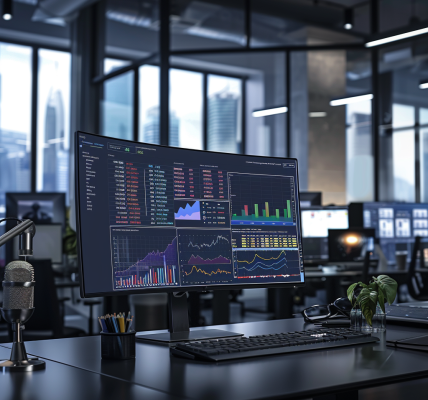US Businesses Are Way More Optimistic Than Consumers, Poll Finds
Recent findings from the Milken Institute and Harris Poll reveal a stark contrast in economic outlook between business leaders and American consumers. The report indicates that over 80% of business leaders hold a positive view of the US economy, while only 40% of consumers share the same sentiment.
Business leaders exhibit a notably higher level of optimism when it comes to navigating economic instability, technological advancements, and societal changes. For instance, 79% of business leaders express optimism about the future compared to just 34% of consumers.
John Gerzema, CEO of Harris Poll, emphasizes the disparity, stating, “U.S. business leaders are optimistic about business strength, but for many Americans, the economic recovery is a reality yet to be experienced at home.”
The survey, part of the Milken Institute-Harris Poll Listening Project, involved 500 US business leaders and over 2,000 adults. The data indicates that a significant portion of consumers feel disconnected from the positive economic narrative, with nearly three-quarters agreeing that improvements are not reflected in their local communities.
Consumer confidence remains subdued, with recent data showing a decline in April to the lowest levels since mid-2022, as reported by the Conference Board. This downward trend has persisted for three consecutive months.
Emerging technologies, particularly artificial intelligence (AI), emerge as a focal point for both business leaders and consumers. The survey highlights that many business leaders perceive AI, particularly its security implications, as highly disruptive. Consequently, substantial financial investments are being made to address these challenges.
On the consumer side, there is a growing recognition of the need for AI-resilient solutions to safeguard jobs. A majority of Americans advocate for initiatives such as AI training programs and investments in youth AI education to mitigate potential job displacement.
Concerns about AI’s impact on employment are validated by a recent survey from the Federal Reserve Bank of Dallas, indicating that a mere 3.1% of Texas businesses leveraging AI anticipate a rise in workforce demand due to AI adoption.
In conclusion, the divergence in economic perceptions between US business leaders and consumers underscores the importance of addressing societal concerns and implementing strategies to ensure inclusive economic growth.





